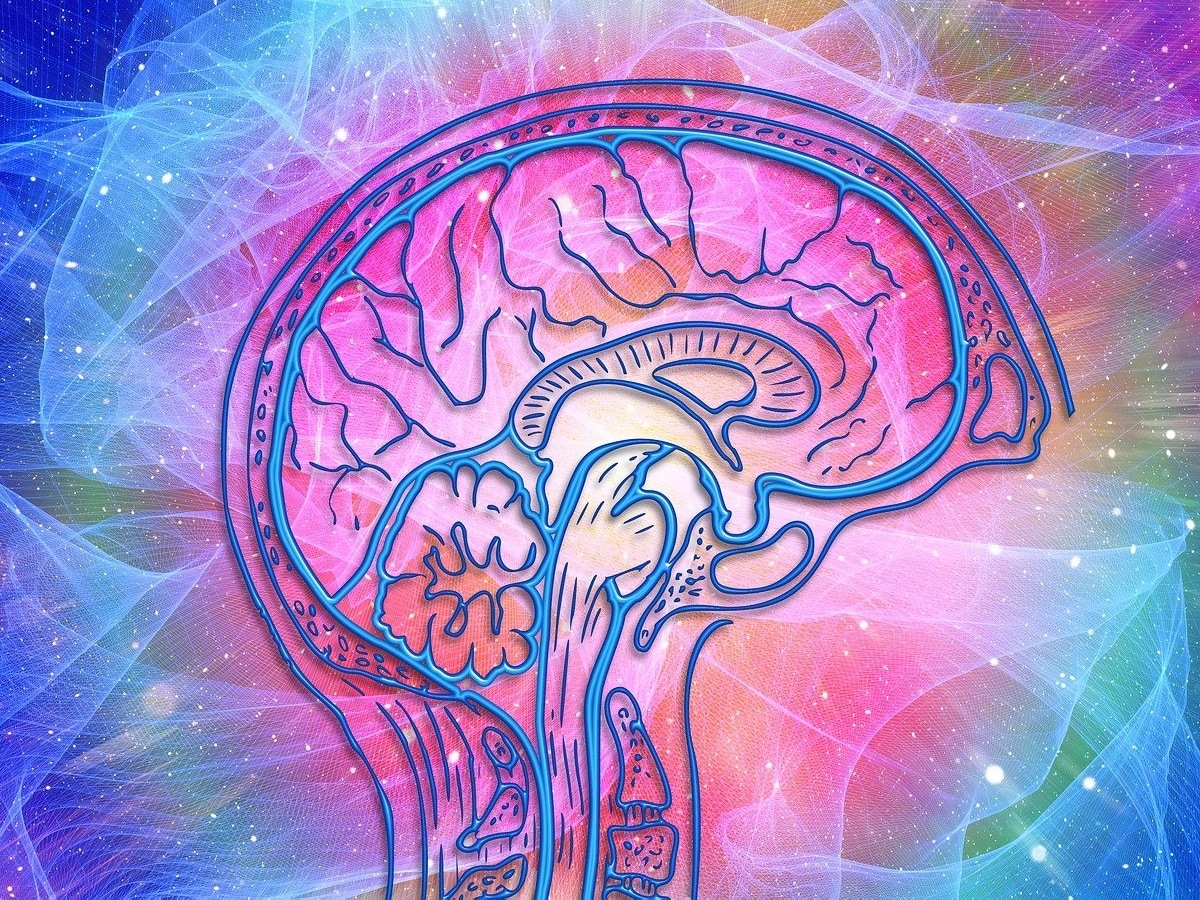Researchers tackling the worldwide obesity issue have made a remarkable discovery: intermittent fasting triggers unique and beneficial gut and brain transformations.

What is intermittent fasting?
Intermittent fasting involves abstaining from eating for specific periods within a day or week.
What is the study?
In an extensive 62-day investigation, Chinese scientists closely monitored 25 obese volunteers who participated in an intermittent energy restriction (IER) program. This program, meticulously controlling calorie intake and including periodic fasting, yielded compelling outcomes.
Throughout the study, participants not only shed an average of 7.6 kilograms (16.8 pounds), which accounted for about 7.8 per cent of their body weight, but also displayed significant changes in both brain function and the composition of their gut microbiota.
According to a statement, a team of Chinese researchers closely observed 25 obese individuals as they underwent weight loss through intermittent energy restriction (IER).

They specifically examined alterations in their gut bacteria and brain regions responsible for appetite and addiction, both during and after the process. Their findings indicated a close correlation between changes in these two components of the brain-gut-microbiome axis over time.
These results hint at a potential link through an unidentified mechanism: it’s uncertain whether changes in the gut microbiome influence alterations in the brain or if it’s the other way around.
Dr Qiang Zeng, a researcher at the Health Management Institute of the PLA General Hospital in Beijing and the final author of the study published in Frontiers in Cellular and Infection Microbiology, conveyed that their research demonstrated how an IER diet significantly alters the intricate relationship between the human brain, gut, and microbiome. He pointed out that the changes observed in the gut microbiome and the activity within brain regions associated with addiction, both during and after weight loss, exhibited a highly dynamic and interconnected pattern over time.
What is the reason behind this transformation?
The precise reason behind these transformations remains a mystery. Still, one thing is clear: the gut and brain link is undeniable.
Through functional magnetic resonance imaging (fMRI) scans, researchers observed changes in crucial brain areas responsible for controlling appetite and managing addiction.
Particularly noteworthy was the altered activity in the inferior frontal orbital gyrus, shedding light on the brain’s role in regulating weight.
Examination of stool samples and blood tests highlighted gut microbiome shifts corresponding to specific brain regions.
Certain bacteria, like Coprococcus and Eubacterium hallii, displayed connections with the left inferior frontal orbital gyrus, impacting cognitive functions such as willpower in regulating food intake.
Is Intermittent Fasting Beneficial?

Intermittent fasting has shown the potential to enhance health markers. While weight loss and physical activity notably reduce the risk of obesity-related illnesses like diabetes, sleep apnea, and certain cancers, intermittent fasting yields similar benefits to other calorie-reducing diets.
Interestingly, certain studies propose that intermittent fasting might offer advantages over other diets in mitigating inflammation-related conditions. Conditions such as Alzheimer’s disease, arthritis, asthma, multiple sclerosis, and stroke might see potential improvements through intermittent fasting by reducing inflammation or addressing needs linked to inflammation. However, more extensive research is necessary to establish these potential benefits.












Comments 1